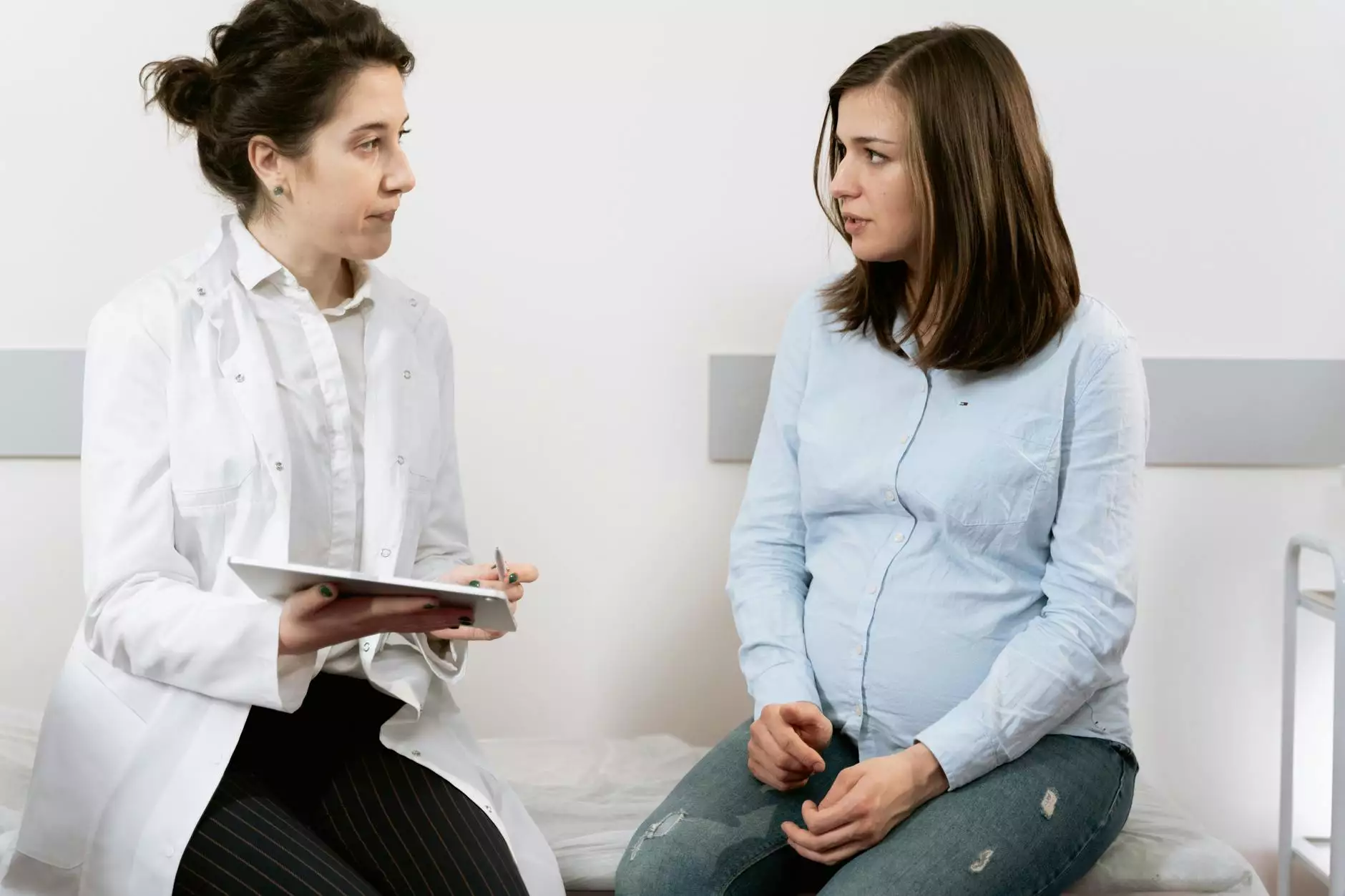What Does A General Practitioner Do And When To See One
Health
The Role of General Practitioners
General practitioners, commonly referred to as GPs, play a crucial role in our healthcare system. They are medical professionals who provide primary healthcare to patients of all ages. GPs are often the first point of contact for individuals seeking medical assistance.
The Comprehensive Services Provided by GPs
A general practitioner offers a wide range of services to address various health concerns. They are knowledgeable in numerous medical fields, allowing them to diagnose and treat a variety of conditions. Here are some examples of the services provided by GPs:
1. Routine Check-ups and Preventive Care
Regular check-ups are essential for maintaining good overall health. General practitioners perform routine examinations to assess patients' physical and mental well-being, offering preventive advice and early detection of potential health issues.
2. Diagnosis and Treatment of Acute and Chronic Illnesses
GPs are trained to diagnose both acute and chronic illnesses. From respiratory infections and gastrointestinal issues to diabetes and hypertension, GPs have the expertise to address a wide range of medical conditions. They develop treatment plans, prescribe medications, and provide ongoing care.
3. Referrals to Specialists
If a patient requires specialized care, general practitioners can refer them to appropriate specialists, such as dermatologists, cardiologists, or orthopedic surgeons. GPs coordinate with these specialists to ensure optimal patient care and continuity.
4. Mental Health Support
General practitioners play a vital role in managing mental health conditions. They can diagnose and treat common mental health disorders, such as anxiety and depression, or refer patients to mental health professionals for further evaluation and treatment.
5. Women's Health and Reproductive Care
GPs provide comprehensive women's health services, including reproductive health evaluations, contraceptive advice, and menopause management. They also perform routine screenings, such as Pap smears and breast examinations, to detect any potential issues.
6. Childhood and Adolescent Care
General practitioners have specialized training in pediatric and adolescent care. They monitor growth and development, provide immunizations, and address common childhood illnesses. GPs also offer guidance to parents on parenting techniques and child nutrition.
When to Consult a General Practitioner
While general practitioners can assist with a wide range of healthcare needs, it's essential to know when to consult them. Here are some situations where scheduling an appointment with a GP is recommended:
1. General Health Concerns
If you have any general health concerns or need professional advice on managing your overall well-being, visiting a general practitioner is a good first step. They can assess your symptoms and provide appropriate guidance.
2. Non-Emergency Illnesses
For non-emergency illnesses like colds, flu, minor injuries, or skin conditions, a general practitioner can provide effective treatment. They can offer prescriptions if necessary or recommend alternative therapies.
3. Routine Check-ups
Regular check-ups are crucial for preventive care. Even if you're feeling fine, scheduling routine check-ups with a general practitioner allows for early detection of any potential health concerns or underlying conditions.
4. Chronic Condition Management
If you have a chronic condition, such as asthma, diabetes, or hypertension, it's important to establish a relationship with a general practitioner. They can monitor your condition, adjust medications, and provide lifestyle recommendations.
5. Mental Health Issues
If you're experiencing symptoms of anxiety, depression, or other mental health conditions, a general practitioner can assess your situation and provide appropriate support. They may offer counseling, prescribe medication, or refer you to a specialist.
6. Women's and Reproductive Health
General practitioners are equipped to address women's health concerns, including menstrual issues, contraceptive needs, and menopause management. They can offer guidance, perform screenings, and refer you to specialists as needed.
7. Pediatric and Adolescent Care
If you have children or adolescents, a general practitioner specializing in pediatric care can provide comprehensive healthcare for your loved ones. They ensure proper growth and development, offer vaccinations, and address common childhood illnesses.
Overall, general practitioners offer a wide range of medical services and play a vital role in maintaining our well-being. When in doubt, it's always best to consult a general practitioner who can provide expert advice, diagnose and treat various conditions, and guide you towards optimal health.










